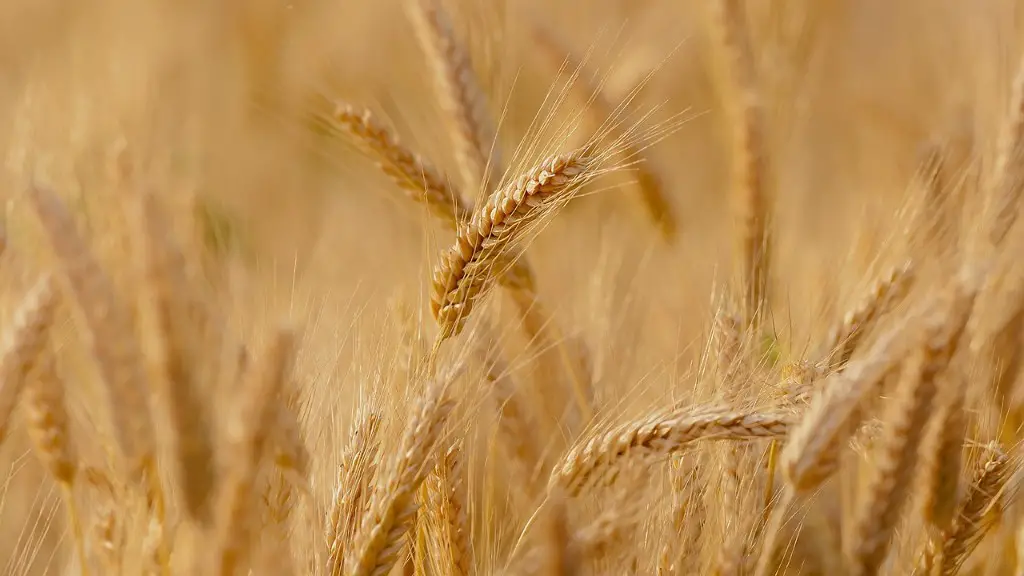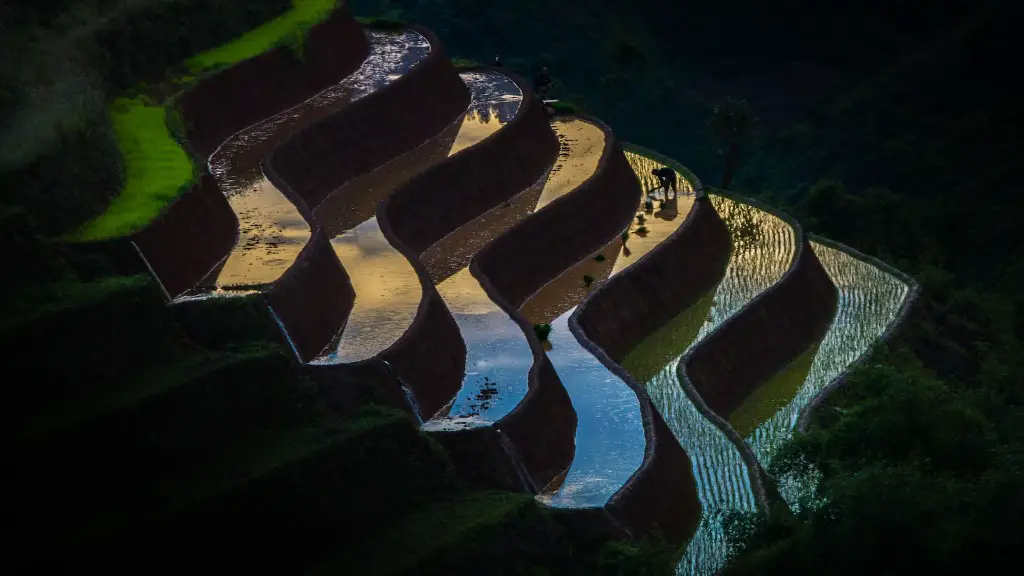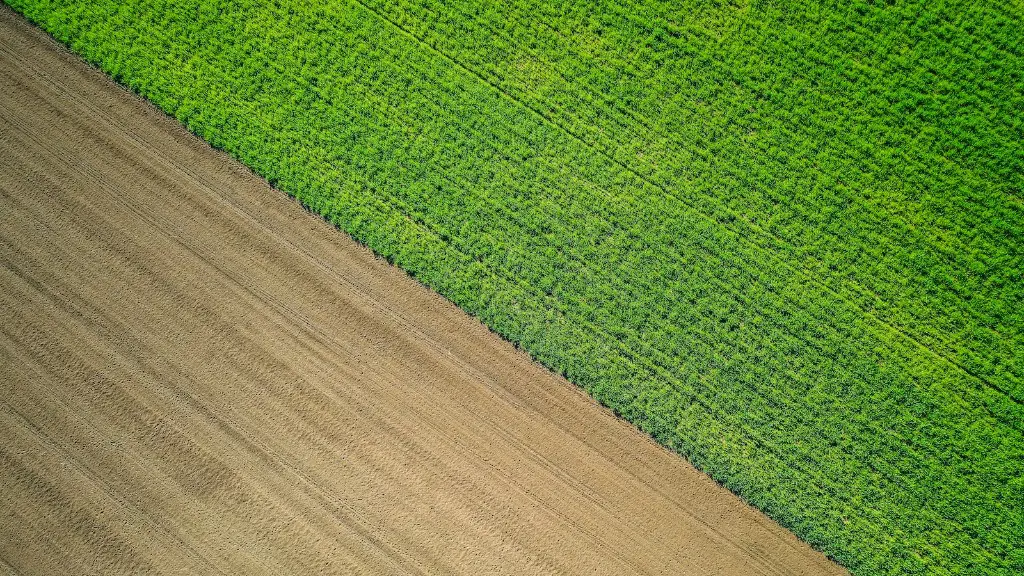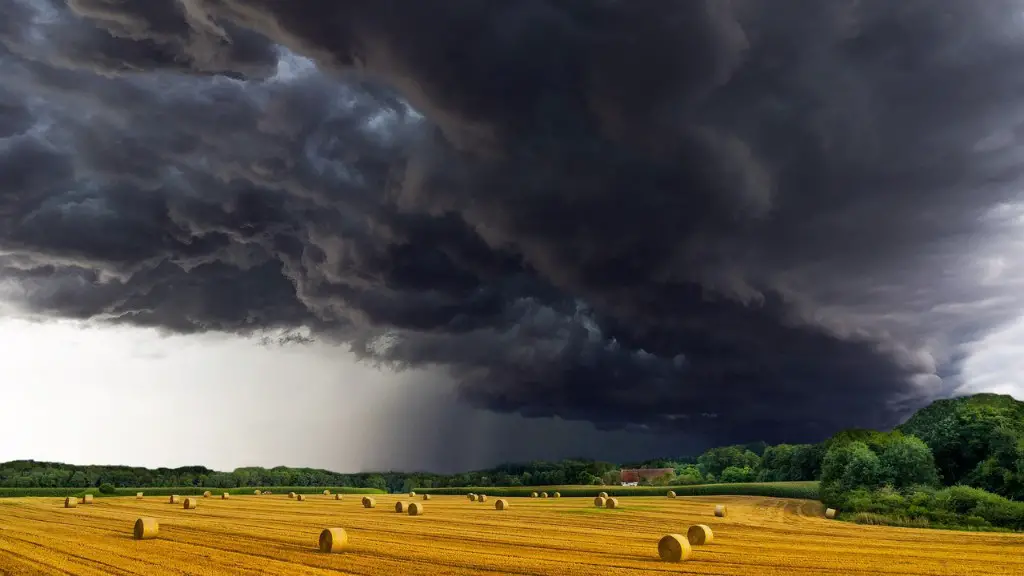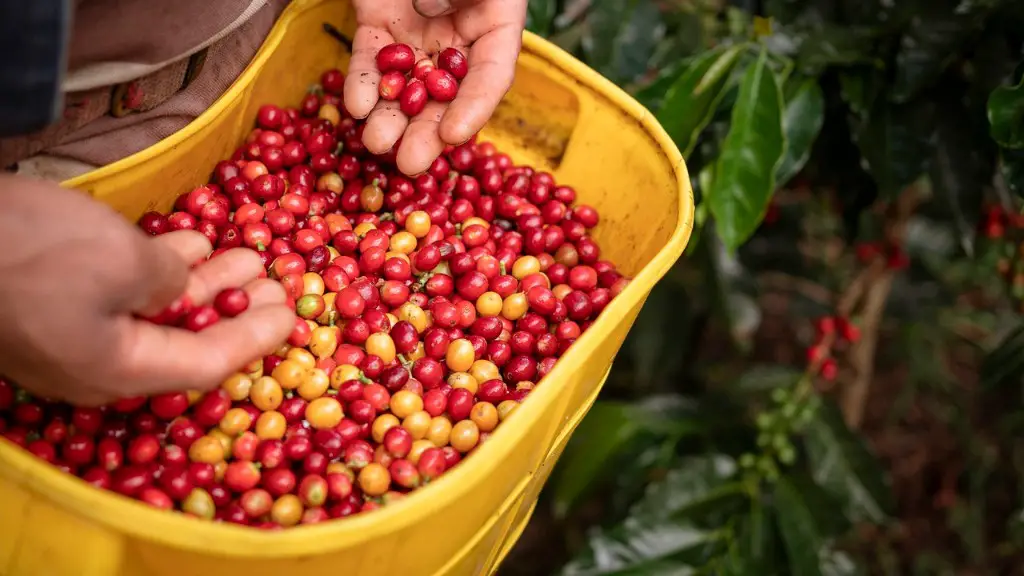Agriculture is the most important science because it is the science of producing food. Food is essential to human life, and agriculture is the science that enables us to produce it. Agriculture is also important for the economy. It is the largest industry in the world, and it employs millions of people.
There are a number of reasons why agriculture is considered the most important of all sciences. First, agriculture is the basis for all human civilizations. Agriculture allowed for the domestication of plants and animals, which in turn led to the development of settled communities and the rise of civilizations. Second, agriculture is essential for human survival. Without agriculture, we would not be able to produce the food we need to sustain ourselves. Third, agriculture is a major source of employment and livelihoods for people around the world. Over 1 billion people are employed in the agricultural sector, making it one of the largest employers in the world. Finally, agriculture plays a vital role in the global economy. The agricultural sector is worth an estimated $1.3 trillion and is responsible for feeding billions of people around the world.
Why is agriculture the most important of all the sciences?
Agriculture plays a vital role in society, providing food and other products for people to consume, as well as supporting livelihoods and economies. Agriculture impacts society in many positive ways, including:
-Supporting livelihoods through food, habitat, and jobs: Agriculture provides people with the food they need to live, as well as the habitat and jobs necessary to support them.
-Providing raw materials for food and other products: Agriculture provides the raw materials needed to produce food and other products, such as clothing and medicine.
-Building strong economies through trade: Agriculture is a major driver of economic growth, as it generates income and employment opportunities through trade.
Agriculture is a vital part of the US economy, contributing a significant share of the country’s gross domestic product. In 2021, agriculture, food, and related industries contributed roughly $1264 trillion to US GDP, a 54-percent share. The output of America’s farms contributed $1647 billion of this sum—about 07 percent of US GDP. Agriculture is a critical sector of the economy, providing food and other essential products for American consumers and businesses.
What are 5 important of agriculture
Agriculture is the backbone of any economy and it is especially important in a developing country like India. It is the main source of livelihood for millions of people in the country. Agriculture not only provides food and raw materials for industry, but is also a major source of foreign exchange.
The sector is plagued by a number of problems like declining productivity, inefficient use of resources, and poor infrastructure. However, the government is taking various measures to address these issues and boost the sector.
The agricultural sector has great potential and with the right policies in place, it can play a pivotal role in the development of the country.
Farming is a great way to live a healthy lifestyle. Not only does it provide you with fresh air and physical activity, but it also gives you access to healthy food. And, if you choose to farm organically, you can also help the environment.
Farming is challenging and stimulating work. It can be hard work, but it is also rewarding. And, it provides a great source of income in rural areas.
Farm work also helps develop younger generations. It teaches them responsibility, hard work, and other important life skills. And, it gives them a chance to connect with nature.
Farming can also help the environment thrive. When done right, farming can help improve soil health, support biodiversity, and sequester carbon. So, not only is farming good for your health, but it is also good for the planet.
What is the most important of agriculture?
The most important aspect of the agriculture industry is that it is the source of the world’s food supply. Considering that agriculture is responsible for everything from harvesting crops to raising livestock, the agriculture industry meets the daily food needs of vegetarians and carnivores alike.
Other industries that depend on agriculture for raw materials include the textile industry (for cotton and wool), the paper industry (for wood pulp), and the biofuel industry (for crops such as corn and soybeans). Agriculture is thus a vital part of the global economy, and its importance is only likely to increase in the future.
Why agriculture is the backbone of the economy?
The agricultural sector is extremely important for the economy of a country. It forms the basis for food and nutrition security and provides raw materials for industrialization. The sector employs a large percentage of the country’s workforce and contributes significantly to the GDP. Therefore, any policies or initiatives that are taken in the agricultural sector have a huge impact on the economy as a whole.
The result of increased pressure on the land and water resources of the earth due to agriculture is land degradation (such as soil erosion and salinization), and eutrophication. Agriculture is also associated with greenhouse gas emissions.
Is agriculture the most important sector
Agriculture is one of the most important economic sectors in the world. It employs a large number of people and is the main source of food and income for many people living in poverty. However, the sector is facing a number of challenges, such as a lack of access to land, water shortages, and climate change.
Agriculture is the foundation of civilization and any stable economy. It is the basis for food production, and without it, it would not be possible to have a city, stock market, banks, university, church or army. Agriculture is essential for the survival of humanity, and it is vital that we protect and support it.
Is agriculture the largest industry in the world?
Agriculture is a vital sector of the economy and increasing production levels is critical for the security and wellbeing of a nation’s population. The government, private sector, and farmers all have a role to play in boosting agricultural productivity. Public investment in research and development, infrastructure, and human capital is essential, as is creating an enabling environment for the private sector to flourish. At the same time, farmers need to adopt best practices and make use of available technology to increase yields. With concerted effort from all stakeholders, it is possible to increase agricultural productivity and ensure food security for all.
When early humans began agriculture, they were able to cultivate land and produce enough food that they no longer had to migrate to their food source. This resulted in the development of permanent structures and villages, towns, and eventually cities. The increase in population was closely linked to the rise of settled societies.
How did agriculture improve society
More abundant food supplies have allowed for denser populations, as people are able to farm and stay tied to their land. Small settlements have grown into towns, and towns have grown into cities. Agriculture has produced enough food that people are free to pursue interests outside of food production. This has led to new technology and advancements in other areas.
Agriculture definitely plays a major role in economic growth and development. It is the provider of food, which is a cornerstone of human existence. Additionally, as a furnisher of industrial raw materials, agriculture contributes significantly to economic activity in other sectors. There is no doubt that agriculture is essential for a country’s growth and development.
Why should agriculture be given priority?
Agriculture is vital to the economy, providing food for businesses and residents and supporting environmental protection. Long-term food security and environmental protection are essential benefits of protecting agricultural land.
Efforts are being made to convert all the challenges in agriculture into opportunities and this process is the future of agriculture. In India, the agriculture sector has a high untapped potential. The constraints in agriculture make the productivity and return complex, but despite these challenges, the potential for growth in this sector is significant. The government is working to improve the agricultural infrastructure and promote initiatives that will help farmers increase their productivity and incomes. In addition, the government is also providing financial and technical assistance to farmers to help them overcome the constraints they face.
Conclusion
There are many reasons agriculture is considered the most important of all sciences. Agriculture is responsible for providing the food we eat, the fiber for our clothes, and the fuel for our cars and trucks. Agriculture also helps to protect the environment by sequestering carbon in the soil, providing habitat for wildlife, and purifying our water supply.
The most important thing about agriculture is that it is the science of food production. It is the application of biology and chemistry to the production of crops and livestock. Agriculture is the most important science because food is the most basic necessity of life.
